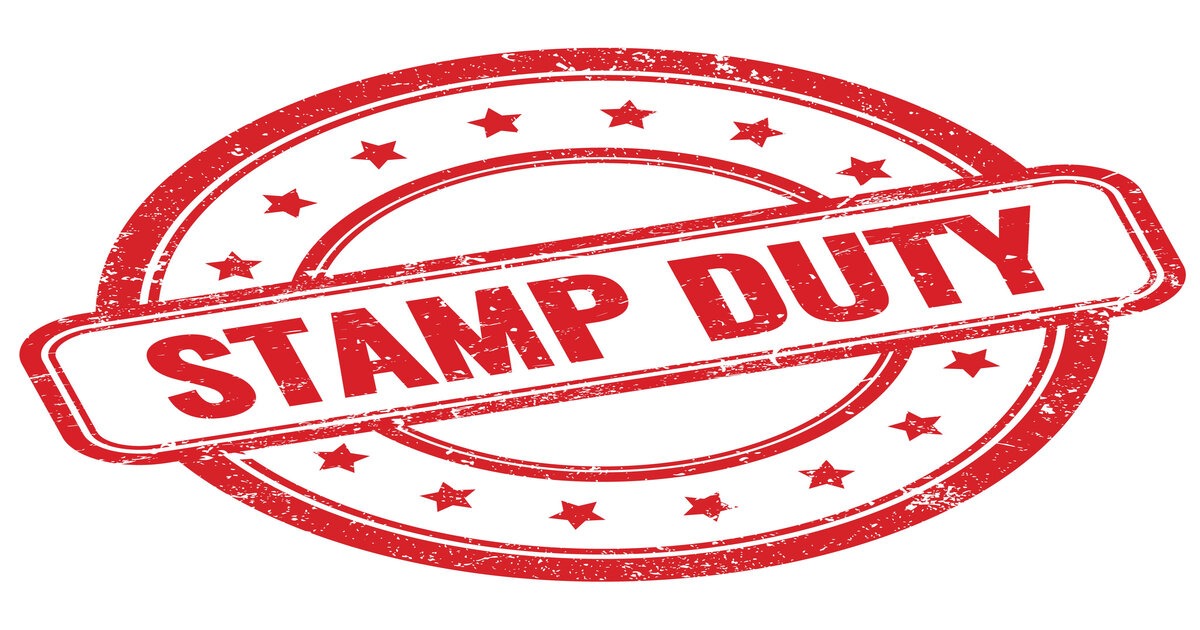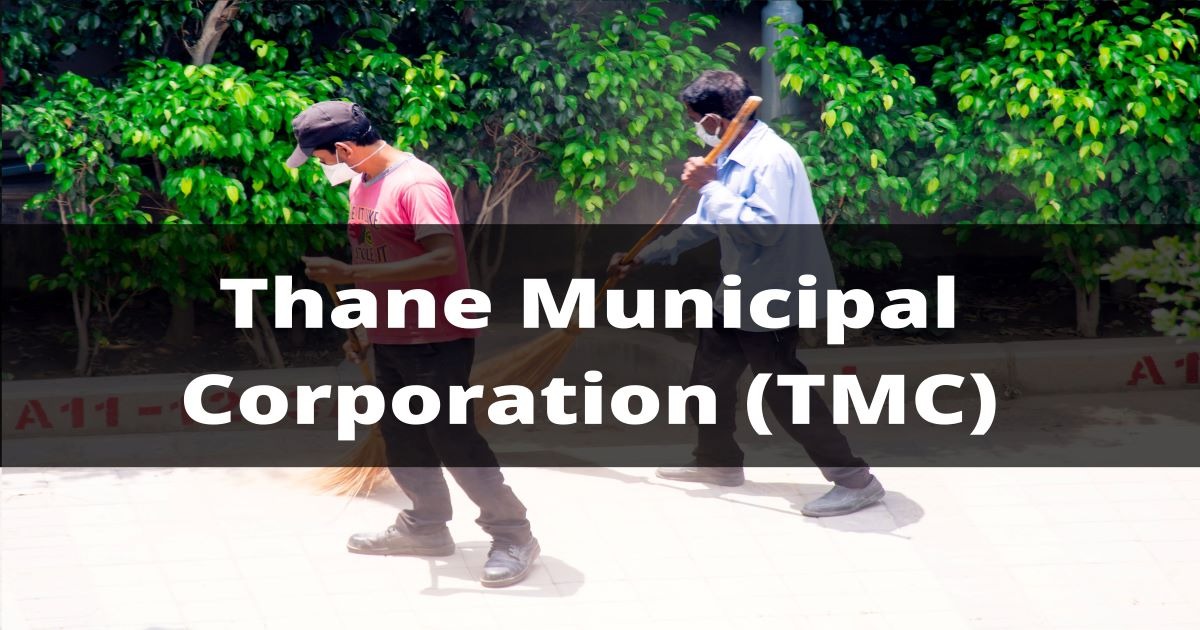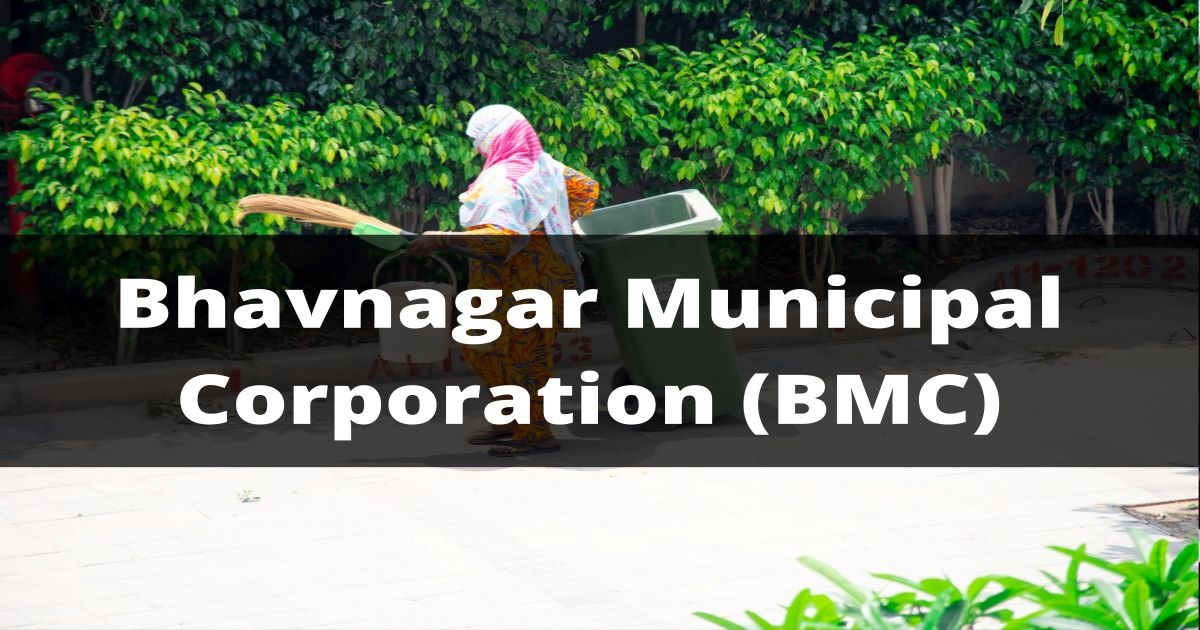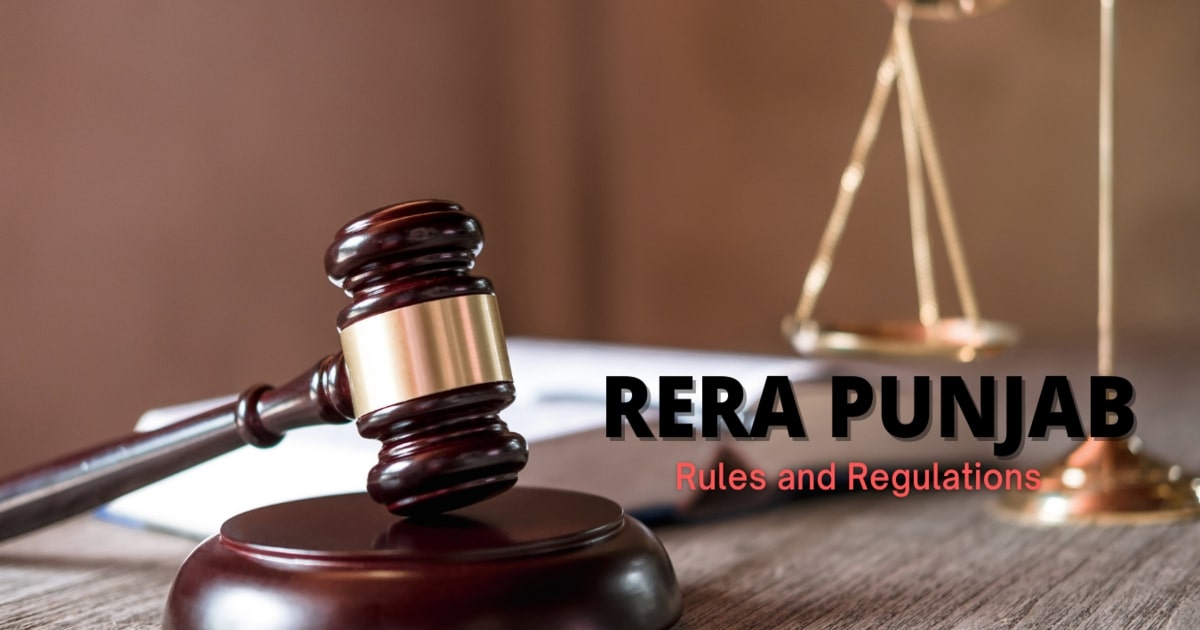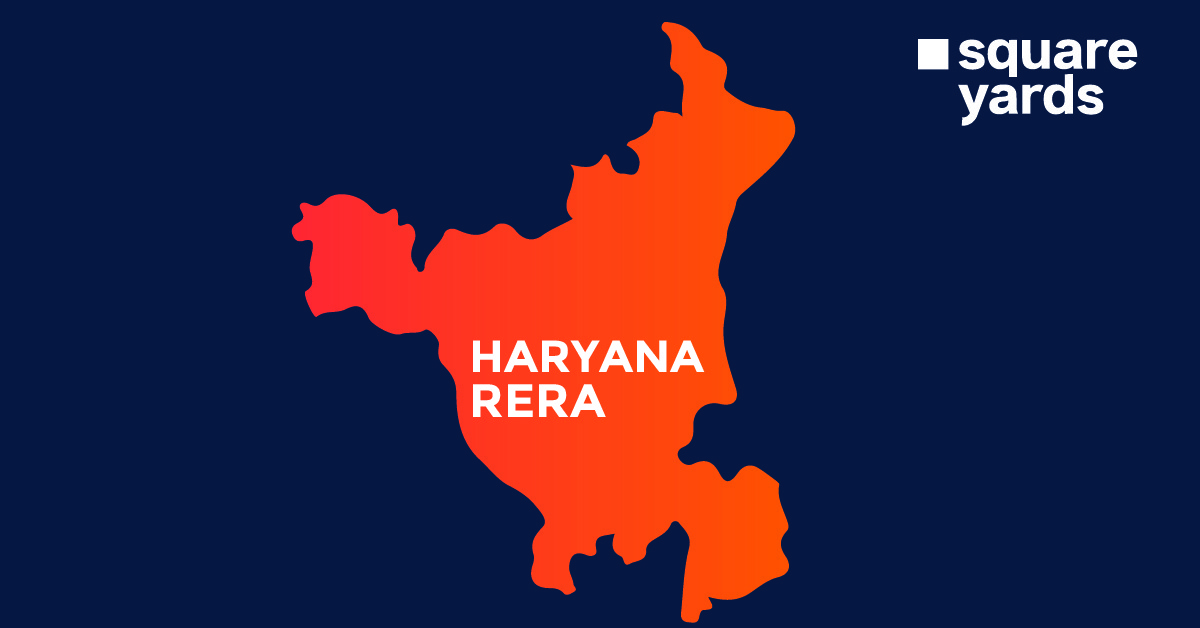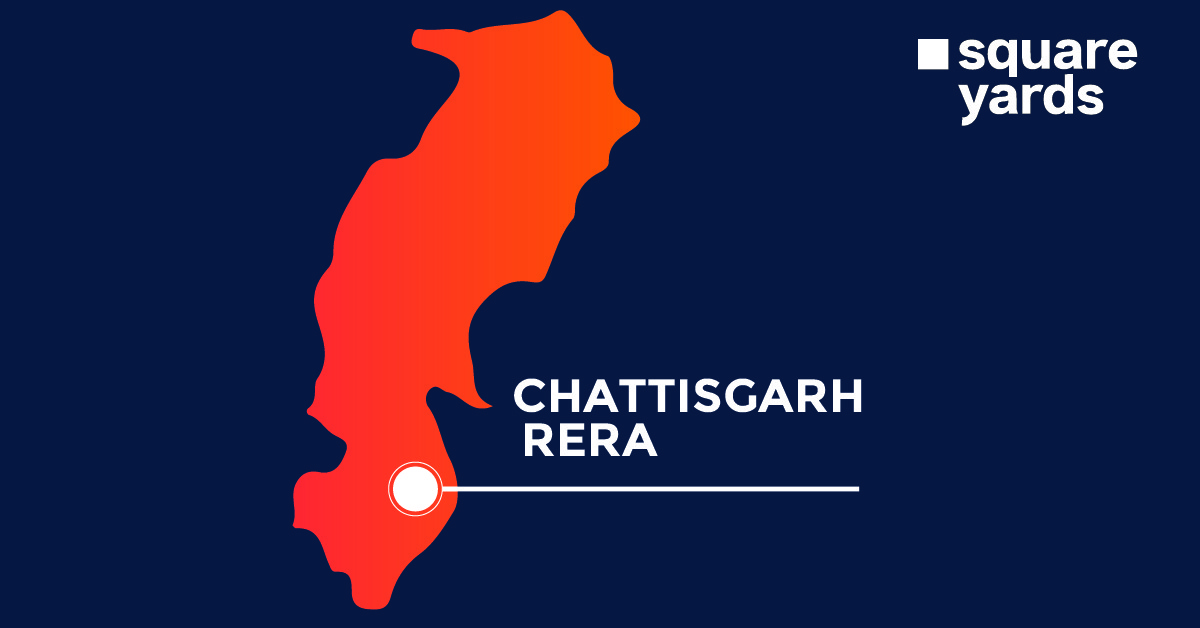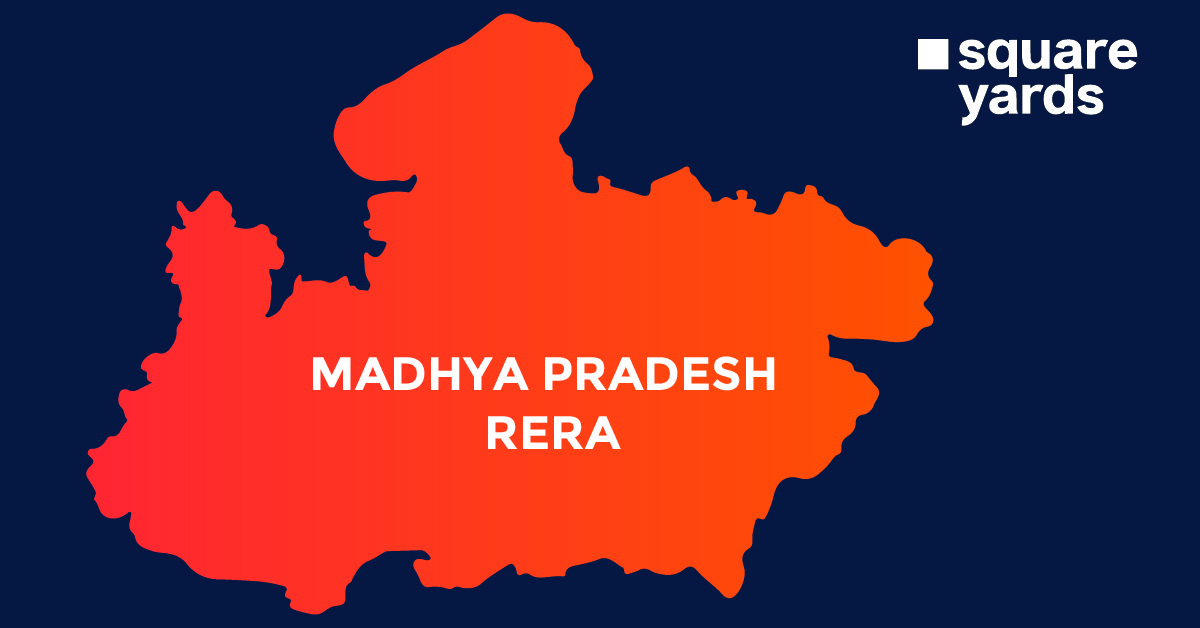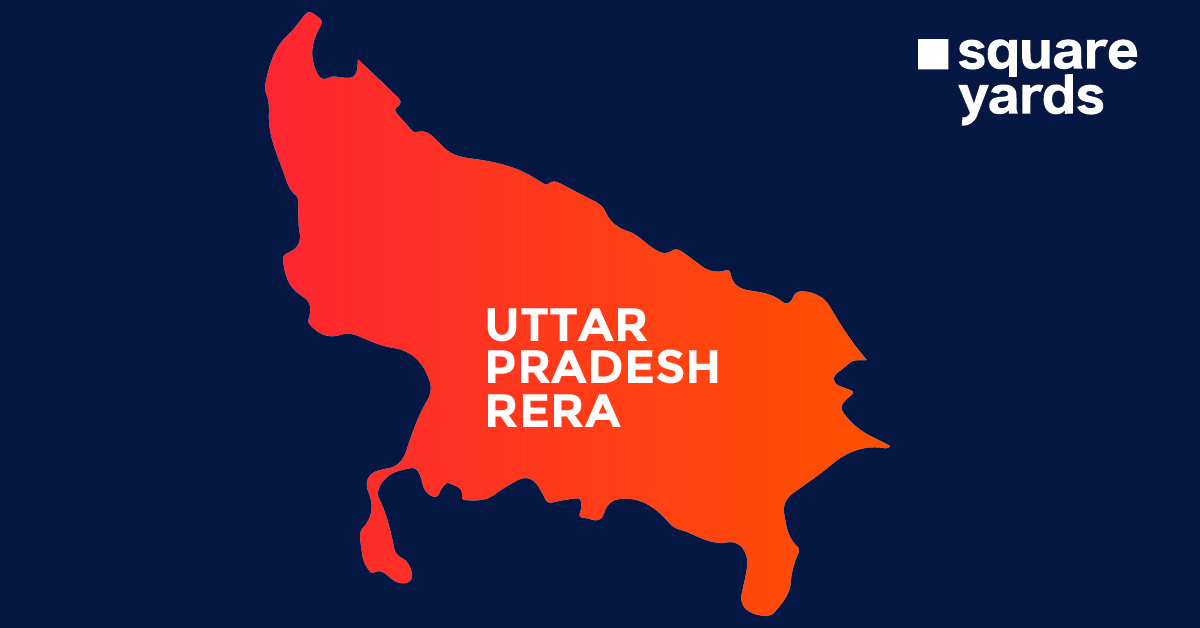When buying a property, we have to pay certain charges such as stamp duty and registration fees. While the registration fee amounts to only 1% of the total project’s cost, the stamp duty may vary from 5-10%, depending on the city or state.
Buying a plot or house could be one of the most significant milestones in an individual’s life. The cost of the properties is increasing at a constant rate, so purchasing an abode seems quite an intricate task. It’s one of the most significant expenses anybody can incur in their entire life.
Such an expense grows with miscellaneous costs such as the registration charges and stamps duty fees. Remembering that you can’t even escape such costs when purchasing a home is essential. They are mandatory, and every home buyer has to pay them to finish the transfer process.
Fret not! To ease such burdens, the government has instituted such expenses as a fragment of deductions under the Income Tax Act, 1961. To know what this Section holds, continue reading the blog until the end!
Stamp Duty and Registration Charges Tax Exemption
Before we delve into the tax exemption part, let us quickly discuss the stamp duty and registration charges. Stamp duty is a form of tax imposed on any monetary transaction to purchase a property. After the launch of the Indian Stamp Act in 1899, this charge on the property and part of the property cost was levied. Stamp duties are set on numerous transactions such as sale deeds, conveyance deeds, and power of attorney papers. A person can collect property-related documents only when the stamp duty is paid.
Also, the tax benefit or maximum deduction allowed to a home buyer for additional stamp duties and registration charges are limited to ₹ 1.5 lakhs. Plus, it is prone to fulfil the underlying requirements defined under this Section.
Stamp Duty Deduction under 80C
Most of us know that saving tax under Section 80C by investing in many excellent schemes such as ELSS (Equity-linked saving scheme), PPF (Public Provident Fund), life insurance, etc.
Nevertheless, we must be aware that specific expenditures are allowed under Section 80C of the Income Tax Act, 1961. Those expenditures can help you save taxes too.
If your expenditure totals ₹ 1.5 lakh or more, you must stop making any more investments, or you won’t fully use the Section 80C tax saving limits.
-
Home Loan Principal Repayment
If you are a home buyer and have to pay hefty EMIs, Section 80C could relieve you. The EMI you pay every month has two main components: Principal and Interest.
You can claim the total principal amount you pay in one financial year as a deduction under Section 80C from total gross income before calculating the net taxable income. Not only individuals but Hindu Undivided Families can also claim this deduction. You can obtain a loan certificate either from the lending bank’s online portal or directly from the branch. The certificate will indicate the total EMI you have paid to repay the principal amount borrowed in a year.
You can also claim the payment of interest on the loan as a deduction from total gross income under Section 24 and Section 80EE/Section 80EEA. It is subject to some specific terms and conditions.
If you sell your house within the time frame of five years from the end of the financial year in which the possession of the property was obscured, then the deduction you claimed previously will be added back to your income in the year of sale.
2. Specific Payments for the Purchase/Construction of Residential Property
If you plan to buy a house, you need to pay certain charges besides the cost of the house. Income Tax Act states that any registration fee, stamp duty and other expenses incurred while purchasing a property are entitled to a deduction from total gross income in the financial year in which such costs are incurred.
‘Other expenses’ here indicates any statutory other expenditures that are identical to registration charges or the stamp duty payable (if any applicable on the property transfer).
Note: It doesn’t make any difference because an individual has ofrelateda loan or doesn’t want to acquire a property.
3. Payment to Housing Board, Development Authority or other Authority for Buying a House
Suppose you have bought a house from a Development Authority such as the DDA (Delhi Development Authority) under the instalment finance scheme and are paying the authority the instalment. In that case, you can claim deduction under Section 80C against any amount paid to the principal repayment.
Stamp Duty and Registration Charges in Other States
| Maharashtra | Stamp Duty in Maharashtra |
| Gujarat | Stamp Duty in Gujarat |
| Uttar Pradesh | Stamp Duty in Uttar Pradesh |
| West Bengal | Stamp Duty in West Bengal |
| Delhi | Stamp Duty in Delhi |
| Haryana | Stamp Duty in Haryana |
| Rajasthan | Stamp Duty in Rajasthan |
| Mumbai | Stamp Duty in Mumbai |
| Gurgaon | Stamp Duty in Gurgaon |
| Pune | Stamp Duty in Pune |
| Punjab | Stamp Duty in Punjab |
| Odisha | Stamp Duty in Odisha |
| Bangalore | Stamp Duty in Bangalore |
| karnataka | Stamp Duty in karnataka |
Eligibility for Tax Benefit on Stamp Duty and Registration Charges
As you already know, stamp duty and registration charges are an obligatory part of all property transactions in real estate. Nonetheless, only a few categories can claim the tax benefit available under the tax laws.
The following entities can claim tax benefits under Section 80C of the Income Tax Act, 1961.
- Individuals
- Hindu Undivided Families (HUFs)
Income Tax Exemption on Stamp Duty, on House and Land Purchase
Until now, you might have got a mere idea about where stamp duty applies. It is paid mainly for the registration of residential or commercial properties. This tax applies to the transfer of ownership in real estate.
If you are an assessee, you can opt for stamp duty exemption up to a limit of ₹ 1.50 lakhs. Nevertheless, you can never avail of an income tax exemption on stamp duty on land purchase.
In case you wish to be qualified for a stamp duty rebate, then you have to be a member of HUF (Hindu Undivided Family), or an individual owner, or a co-owner with a residential property. However, if the assessee has joint ownership, the tax exemption could be an option for the co-owners up to ₹ 1.5 lakhs.
Stamp Duty on Home Loans
Well, there’s no such rules or provisions that state that a person has to pay specific stamp duty on the home loan they avail of. Besides, no term or clause states any registration charges on home loans.
If the home buyer requires the loan, the bank can sanction it. However, it’s an out-of-pocket expense that the home buyer or property owner needs to pay later.
Every state has a different set of stamp duty fees on the purchase of the property. Some of them allow concessions to female property buyers and senior citizens to encourage them to buy property.
Below table shows the percentage of amount duty in different states:
Stamp Duty Charges in the Different States
| States | Stamp Duty Rates |
| Andhra Pradesh | 5% |
| Assam | 8.2% |
| Bihar | 6% |
| Chhattisgarh | Males: 7%Females: 6% |
| Gujarat | 4.9% |
| Karnataka | 5% (Consideration above Rs 35 lakh)3% (Consideration between Rs 21-35 lakh)2% (Consideration less than Rs 20 lakh) |
| Haryana | Males – 7%Females – 5% |
| Kerala | 8% |
| Madhya Pradesh | 9.5% |
| Odisha | Male- 5%Female – 4% |
| Maharashtra | 5% |
| Rajasthan | Male – 6%Female – 5% |
| Punjab | Male- 7%Female – 6% |
| Tamil Nadu | 7% |
| Uttar Pradesh | 7% |
| Telangana | 5% |
| Jharkhand | 4% |
| West Bengal | Up to Rs 40 lakh – 7%Above Rs 40 lakh – 8% |
| Uttarakhand | 5% |
Apart from the stamp duty, you also have to pay a registration charge in addition which is 1% for all the regions in the country.
Stamp Duty in a Few Cities
| City | Stamp duty rate |
| Stamp duty in Mumbai | 5%* |
| Stamp duty in Pune | 5%* |
| Stamp duty in Hyderabad | 4% |
| Stamp duty in Chennai | 7% |
| Stamp duty in Bangalore | 2% to 5% |
| Stamp duty in Delhi | 4% to 6% |
| Stamp duty in Ahmedabad | 4.90% |
| Stamp duty in Kolkata | 3% to 5% |
Note: These rates are exclusively indicative and are subject to change based on the laws that apply for the time being. We advise you to seek independent legal advice before taking any action of buying or purchasing the property.
Who all can Claim Stamp Duty and Registration Charges Tax Exemption?
Any person who fulfils any of the following criteria described below can claim deductions or exemptions on stamp duty and registration charges on the property bought:
- The assessee can claim deductions only in the year they made the actual payments toward such expenses;
- You must be a member of a Hindu Undivided Family;
- If the construction of the property is done and the owner possesses the house legally;
- If the assessee has paid the amount against all such expenses;
- If the house is in the name of the individual (or under your name) claiming the exemption;
- Only if you are buying a new residential property and not the commercial or resale property;
- The property must not be under-construction;
- Any other entity/person must not pay the expenses;
- Residential land or plots do not meet the criteria for claiming exemption under Section 80C;
- In case you are a joint owner, you can claim deductions on stamp duty and registration charges in the fraction you share the house property with others up to ₹ 1.5 lakh each under Section 80C;
- You can’t claim such charges if you or any assessee has already inhabited the house property either partially or wholly;
- If you or the assessee has paid any other expenses for the property transfer, it will also be eligible for deduction. For instance, under Section 80C, service tax paid can also be claimed as a deduction;
- Suppose the assessee has transferred the house property within five years of purchase. In that case, the entire deduction amount allowed will be deemed the assessee’s income in such a financial year or the previous year in which the transfer was altered. Hence, the assessee will be accountable for paying tax for the transfer of house property in the assessment year.
Stamp Duty Exemption for Defence Personnel
The stamp duty exemption for defence personnel changes from one state to another. Some states do have special provisions for ex-army men or retired personnel, while others haven’t given much thought to it right now.
For instance, the Haryana Government reduced the stamp duty on purchasing property houses by one per cent for the serving and retired defence personnel.
Likewise, different states have different provisions for the stamp duty exemption for our heroes, whether serving or retired.
FAQ’s about Stamp Duty Exemption
Q1. What is a stamp duty exemption for first-time buyers?
Under Section 80EE, there’s a provision for an additional deduction of ₹ 50,000 for first-time buyers on interest on the home loan. Besides deduction in stamp duty payment under Section 80C, the buyer must pay the principal repayment and interest deduction under Section 24.
Q2. What is the stamp duty exemption in income tax?
Registration charges and the stamp duty combined with other expenses that relate directly to the transfer are permissible as a deduction under Section 80C. Under this Section, the maximum deduction amount is capped at ₹ 1.5 lakh.
Q3. Is stamp duty exempted from GST?
Real estate affairs don’t fall under the GST (Goods and Services Tax) as the property tax and stamp duty stays out of its ambit. Although work contracts for under-construction houses come under the GST, land and stamp duty are out.
Q4. How to claim stamp duty exemption?
Section 80C (viii) (d) has a provision where you can claim stamp duty exemption and tax benefits on registration charges of up to ₹ 1.50 lakhs for a residential property. Nevertheless, stamp duty exemption is permissible only for HUFs (Hindu Undivided Family) and individuals.


